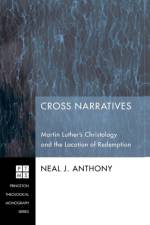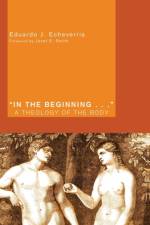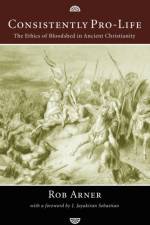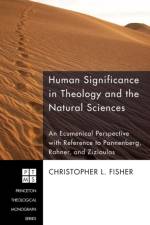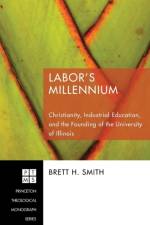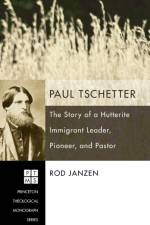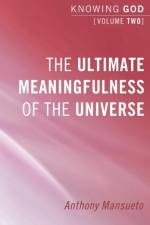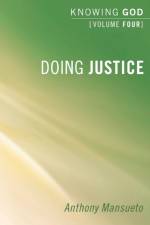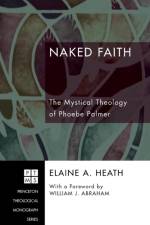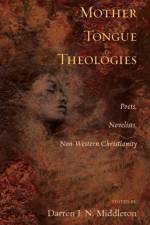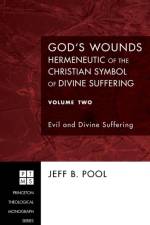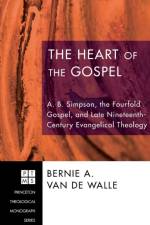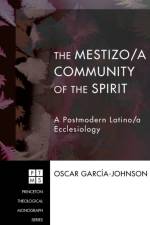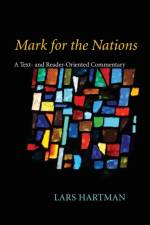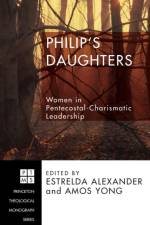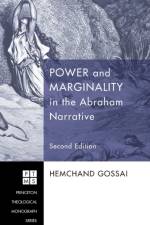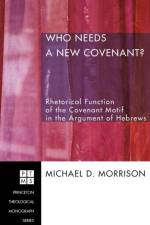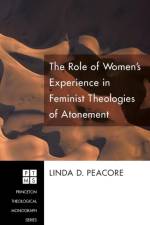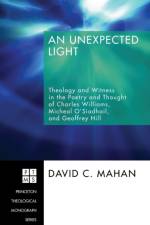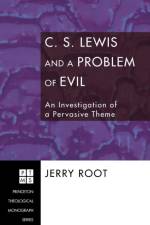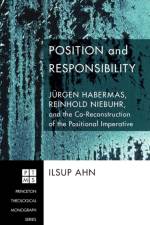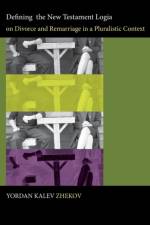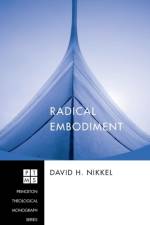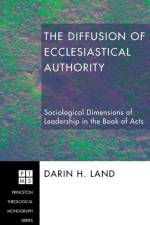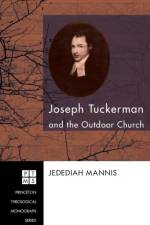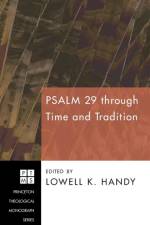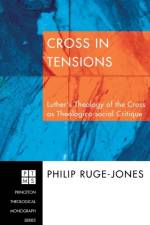von Joel Burnell
67,00 €
Description:Polish messianism tells the story of a nation struggling to survive and regain its independence. As narrated by the poets Jan Pawe_ Woronicz and Adam Mickiewicz, its vision of patriotism and civil responsibility, first told two hundred years ago, contains promising resources today for a world facing challenged by pluralism, secularization, nationalism and religious fundamentalism. Yet this messianism has a dark side. The romantic philosophy of history that funded this messianism proved an inadequate defense against Prussian and Russian military might, and failed to inoculate Poles against the rising spirit of nationalism, xenophobia and anti-Semitism that swept Europe in the nineteenth and twentieth centuries. In seeking to address the problematic and promising feature of Poland's particular messianism, Burnell draws up on the theology of Dietrich Bonhoeffer, arguing that his theology offers a much-needed critique of the myths and values of romantic national messianism. Where such messianism asks how Christ could serve a nation's cause and freedom, Bonhoeffer declared that by it is by following Christ in discipleship that people and nations become truly free. Recently, a new wave of Polish religio-political fundamentalism has appeared, as a response to the rapid secularization of society since the end of the Cold War. Certain members of the Polish clergy have again joined conservative politicians to promote nationalistic, populist, xenophobic, and anti-Semitic attitudes. Bonhoeffer, in contrast, argued for leaders who ennoble and empower those they serve, and modeled how patriots can honor their nation's achievements while freely confessing its failures. His legacy facilitates dialogue and reconciliation in the ongoing struggle against ethnic, religious and national bigotry. Following his lead, the messianic myth of ""Poland, the Christ of the nations,"" can be recast as a call to follow the One who is ""God-for-us"" and ""the-man-for-others"" by standing with the suffering, by speaking for the disenfranchised, and serving alongside other nations in the cause of freedom and justice. Endorsements:""Joel Burnell is not only well-versed in the origins of Polish Messianism, but also in more recent, modern Polish history. Here he succeeds in drawing together this rich history with the insights of Dietrich Bonhoeffer in a dynamic, creative, and critical dialogue. His concluding chapter offers solid guidance, not only for Poland, but for anyone interested in navigating the challenging course, as we enter the twenty-first century, between secularism and fundamentalism.""--John W. MatthewsPresident of the International Bonhoeffer Society-English Language Section ""Europe--like other world regions--badly needs models of how faith can interact creatively and not destructively or demonically with national, cultural, and religious traditions so as to create true communities of justice and peace. Joel Burnell's penetrating study on how the thought of one of Europe greatest twentieth-century Christians, Dietrich Bonhoeffer, aided the renewal of one of Europe's most enduring and precious traditions, the Polish, will admirably serve this end.""--Keith ClementsFormer General Secretary, Conference of European Churches""This is a book that brings the reader into intimate contact with the hopes and aspirations of a courageous people in their struggles for independence and their eventual post-war and post-communist-control liberation and their eventual taking their place in modern European and world history . . . [It] offers insights not only into the troubled history of the Polish nation but also into the ways in which the theology and ethics of Dietrich Bonhoeffer can impact a society seeking to be a valued partner in a new European community of nations.""--Geffrey B. KellyLa Salle University, PhiladelphiaAuthor of Reading Bonhoeffer (Cascade Books)About the Contributor(s): Joel Burnell is in a Lecturer in Dogm

